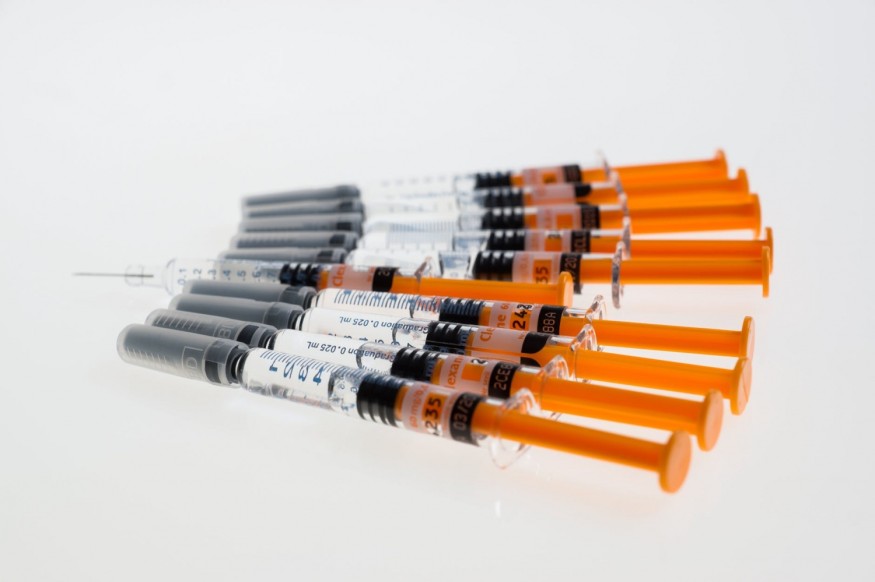
Now, women have found another reason not to worry about possibly acquiring cervical cancer. Thanks to the human papillomavirus or HPV immunization program developed in British Columbia in Canada that it can reduce the cervical pre-cancer rates in women. The assessment of the latest development in B.C highlights the program's success in the reduction of pre-cancers, which refer to the abnormal growth of cells in the cervix most frequently discovered during Pap tests routine.
SciTech Daily presents a result from the study, indicating that "B.C. women who received the HPV vaccine as Grade 6 girls had a reduction of 57% in the occurrence of cervical pre-cancer cell" compared to women who didn't get the vaccine. In this same study, senior research advisor and professor, Gina Ogilvie, expresses her excitement with the initial findings. She said the study could contribute to the developing body of evidence that highlights the favorable impact of HPV vaccine immunization and regular screening of cervix to prevent cervical cancer.
What is Cervical Cancer?
It's common knowledge that cancer is a terminal illness that occurs in different forms, and these include cervical cancer. This type occurs in the cervix's cells. Cervix, on the other hand, is found in the lower part of the uterus, attaching to the vagina. Mayo Clinic specifies the role of HPV: "a sexually transmitted infection in causing most cervical cancer occurrences." When a woman gets exposed to HPV, her body's immune system usually prevents the virus from causing harm.
However, in a small percentage of individuals, the virus lasts for years, so it becomes a contributor to the process that's causing some cervical cells to turn into cancer cells. Studies on cancer have it that generally, there are no signs or symptoms seen and felt during the early stages of cervical cancer. But if this cancer develops into a more advanced stage, some of the symptoms may include bleeding of the vagina after intercourse, after menopause, or between menstrual periods; pelvic pain; watery or bloody discharge with foul odor; and pain during sexual contact.
Importance of HPV Vaccine
The good news is that one can lower the risk of acquiring cervical cancer by going through screening tests and getting an HPV vaccine for protection against related infection. With the recent HPV immunization development, Professor Ogilvie states that with greater vaccine acceptance, further reduction in the rates of cervical cancer is expected.
This HPV immunization program presented in B.C. is now in its 12th year. And, since the beginning of the program, it has shown positive results. More so, this vaccine has helped prevent the infection and the complications in female patients. While women are this study's primary focus since they are the ones to most likely have cervical cancer, men need to know about the immunization too. HPV is common in both genders. It quickly spreads through sexual intercourse.
An individual, regardless of gender, may acquire HPV at some point in his or her life. Therefore, it is essential to receive the HPV vaccine before becoming sexually active. At present, the vaccine, protection against anal, cervical, and several penile cancers are being given for free to both boys and girls in Grade 6.
© 2026 ScienceTimes.com All rights reserved. Do not reproduce without permission. The window to the world of Science Times.











